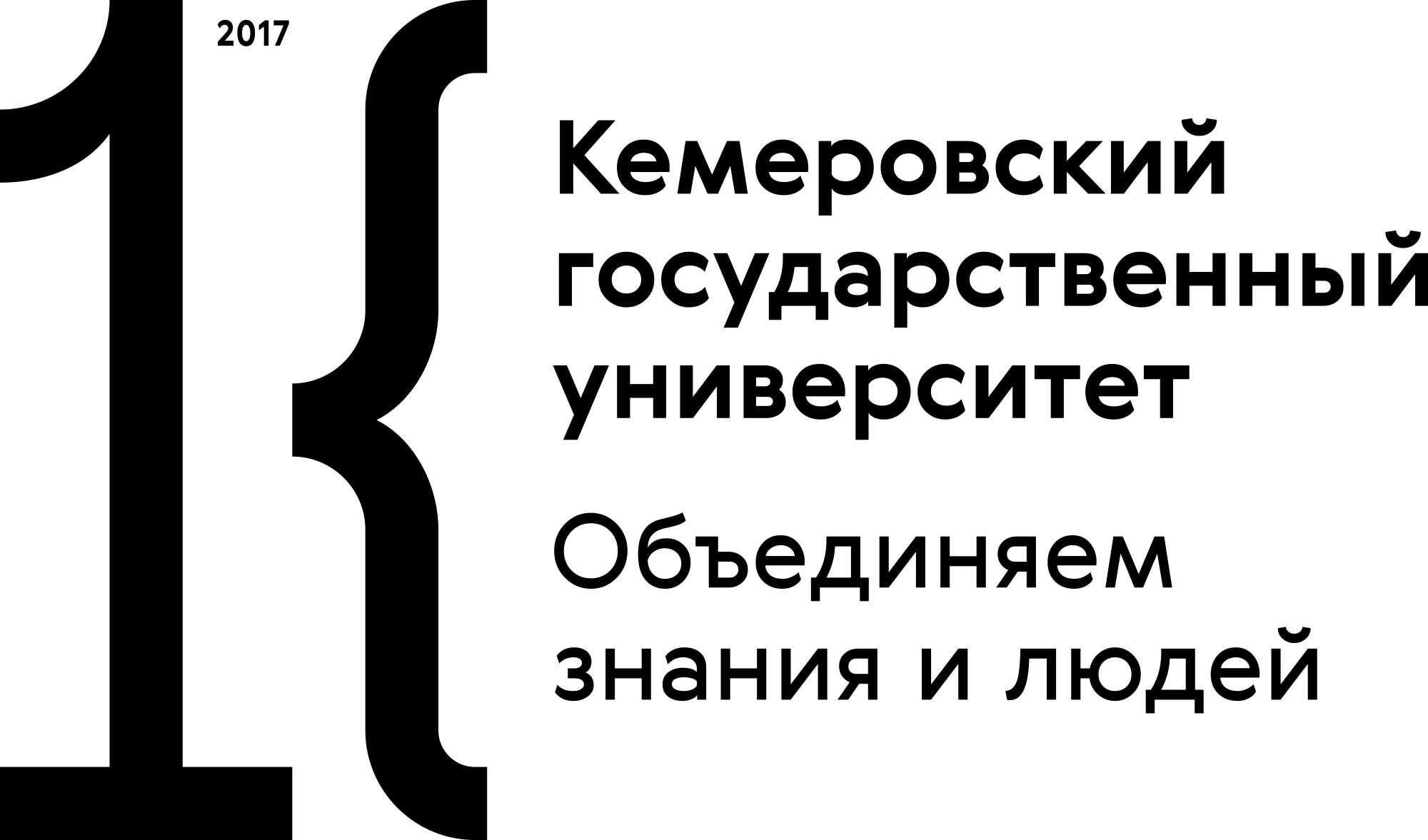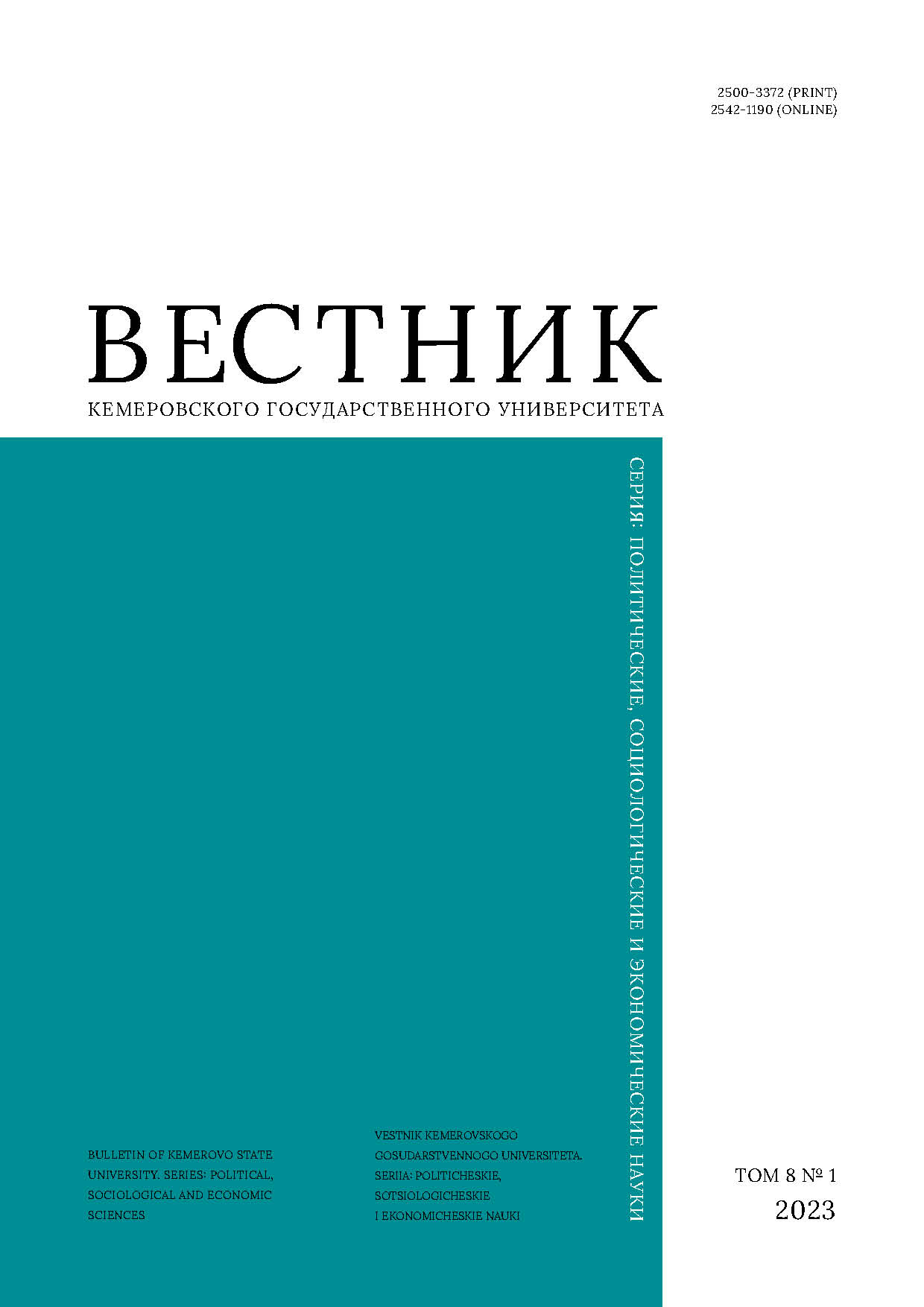Kemerovo, Russian Federation
Plekhanov Russian University of Economics (Kemerovo branch)
from 01.01.2009 to 01.01.2021
Kemerovo, Russian Federation
The article analyzes the structure of morbidity in the region and identifies the main directions for artificial intelligence implementation in Russia. In order to identify the attitude of clinical physicians towards the artificial intelligence products, the authors performed a sociological survey. To develop the artificial intelligence in the Kemerovo Region it is necessary to use artificial intelligence products and build competence centers for implementing these products in regional healthcare. The main ways of development are strategic programs; creative teams within scientific and educational centers; introduction of automated workplaces for doctors. The authors’ proposals can improve the accuracy of diagnosis, simplify the treatment of patients with various diseases, and rise the healthcare of the Kemerovo region – Kuzbass to a new level.
artificial intelligence, morbidity structure, digitalization, medical decision support system, questionnaires, questionnaire processing, medicine and healthcare
1. Ryazanova S. V., Komkov A. A., Mazaev V. P. Russian and world experience in the application of new artificial intelligence technologies in real medical practice. Nauchnoe obozrenie. Meditsinskie nauki, 2021, (6): 32-40. (In Russ.) https://doi.org/10.17513/srms.1215
2. Gusev A. V., Kuznetsova T. Yu., Korsakov I. N. Artificial intelligence for cardiovascular risks assessment. Zhurnal telemeditsiny i elektronnogo zdravookhraneniia, 2018, (3): 85-90. (In Russ.) EDN: https://elibrary.ru/YWZVKX
3. Kaul V., Enslin S., Gross S. A. History of artificial intelligence in medicine. Gastrointestinal Endoscopy, 2020, 92(4): 807-812. https://doi.org/10.1016/j.gie.2020.06.040
4. Gusev A. V., Dobridyuk S. L. Artificial intelligence in medicine and healthcare. Information Society, 2017, (4-5): 78-92. (In Russ.)
5. Tarasova K. A. Possible applications of artificial intelligence in cardiology. Russian Journal of Cardiology, 2022, 27(S7): 47. (In Russ.) EDN: https://elibrary.ru/GXVDSV
6. Startsev D. S. Diagnosis of heart diseases based on the neural network method. Intelligent systems in science and technology. Artificial intelligence in solving actual social and economic problems of the XXI century: Proc. Intern. Conf. and the Sixth All-Russian Sci.-Prac. Conf., Perm, 12-18 Oct 2020. Perm: PSU, 2020, 465-470. (In Russ.) EDN: https://elibrary.ru/UDBBYD
7. Zhuravleva M. V., Kameneva T. R., Chernykh T. M., Chursina T. A. Comparison of some drugs used to treat acute respiratory viral infection and influenza. Doctor.Ru, 2015, (13): 12-19. (In Russ.) EDN: https://elibrary.ru/VBCNYX
8. Sushko V. A., Spasennikov B. A. Sociology of medicine: questions of methodology. Bulletin of Semashko National Research Institute of Public Health, 2021, (2): 90-99. (In Russ.) https://doi.org/10.25742/NRIPH.2021.02.011
9. Morozov S. P., Vladzymyrskyy A. V., Ledikhova N. V., Sokolina I. A., Kulberg N. S., Gombolevskiy V. A. Evaluation of diagnostic accuracy of the system for pulmonary tuberculosis screening based on artificial neural networks. Tuberculosis and Lung Diseases, 2018, 96(8): 42-49. (In Russ.) https://doi.org/10.21292/2075-1230-2018-96-8-42-49
10. Nevzorova V. A., Plekhova N. G., Priseko L. G., Chernenko I. N., Bogdanov D. Yu., Mokshina M. V., Kulakova N. V. Machine learning for predicting the outcomes and risks of cardiovascular diseases in patients with hypertension: results of ESSE-RF in the Primorsky Krai. Russian Journal of Cardiology, 2020, 25(3): 10-16. (In Russ.) https://doi.org/10.15829/1560-4071-2020-3-3751
11. Brink H., Richards J. W., Fetherolf M. Real-World Machine Learning. St. Petersburg: Piter, 2023, 336. (In Russ.)
12. Ostroukh A. V. Introduction to artificial intelligence. Krasnoyarsk: Nauchno-innovatsionnyi tsentr, 2020, 250. (In Russ.) https://doi.org/10.12731/978-5-907208-26-1
13. Levinson A., Stuchevskaia O. Focus groups: evolution of the method. Monitoring obshchestvennogo mneniia: ekonomicheskie i sotsialnye peremeny, 2003, (1): 46-55. (In Russ.) EDN: https://elibrary.ru/HTNEGP
14. Ivanov K. K., Kozhevnikov D. V., Luzhin V. M. Artificial intelligence. The primary lines of research. Molodoi uchenyi, 2016, (28): 16-18. (In Russ.)
15. Brandt V., Emrich T., Schoepf U. J., Dargis D. M., Bayer R. R., De Cecco C. N., Tesche C. Ischemia and outcome prediction by cardiac CT based machine learning. The International Journal of Cardiovascular Imaging, 2020, 36: 2429-2439. https://doi.org/10.1007/s10554-020-01929-y
16. Ivshin A. A., Gusev A. V., Novitsky R. E. Artificial intelligence: predictive analytics of perinatal risk. Gynecology, Obstetrics and Perinatology, 2020, 19(6): 133-144. (In Russ.) https://doi.org/10.20953/1726-1678-2020-6-133-144
17. Yakovleva E. V., Isakova N. V. Artificial intelligence as a modern philosophical problem: analytical review. The Humanities and Social Sciences, 2021, 86(6): 30-35. (In Russ.) https://doi.org/10.18522/2070-1403-2021-89-6-30-35
18. Shapkarin A. M. Philosophical aspects of the artificial intelligence problem (existence possibility, safety, benefits). NovaInfo.Ru, 2018, 1(87): 33-38. (In Russ.) EDN: https://elibrary.ru/XTOXCH
19. Kvashnina D. A. Philosophical aspects of the artificial intelligence impact on society. Tomsk State University Journal of Philosophy, Sociology and Political Science, 2017, (37): 57-61. (In Russ.) https://doi.org/10.17223/1998863X/37/6
20. Timofeev A. V. The essence and problems of artificial intelligence in the context of modern scientific and philosophical conceptions. Bulletin of Moscow Region State University. Series: Philosophy, 2020, (2): 127-133. (In Russ.) https://doi.org/10.18384/2310-7227-2020-2-127-133
21. Gasumova S. E. Risks of digitalization and robotization for social welfare and social service in Russia. Intelligent systems in science and technology. Artificial intelligence in solving actual social and economic problems of the XXI century: Proc. Intern. Conf. and the Sixth All-Russian Sci.-Prac. Conf., Perm, 12-18 Oct 2020. Perm: PSU, 2020, 633-642. (In Russ.) EDN: https://elibrary.ru/LZZCLF
22. Doroganov V. S., Baumgarten M. I. Possible problems associated with the creation of artificial intelligence. Bulletin of the Kuzbass State Technical University, 2013, (4): 132-135. (In Russ.) EDN: https://elibrary.ru/QLJMQP
23. Stotskaya T. G. The artificial intelligence problem. Traditions and innovations in construction and architecture. Socio-humanitarian and economic sciences. Samara: SamSTU, 2017, 39-41. (In Russ.) EDN: https://elibrary.ru/ZESJLH
24. Moschella D. Seeing digital: a visual guide to the industries, organizations, and careers of the 2020s. Moscow: Alpina Pablisher, 2020, 310. (In Russ.)

















